Credit Suisse dumped Evergrande exposure on risk fears
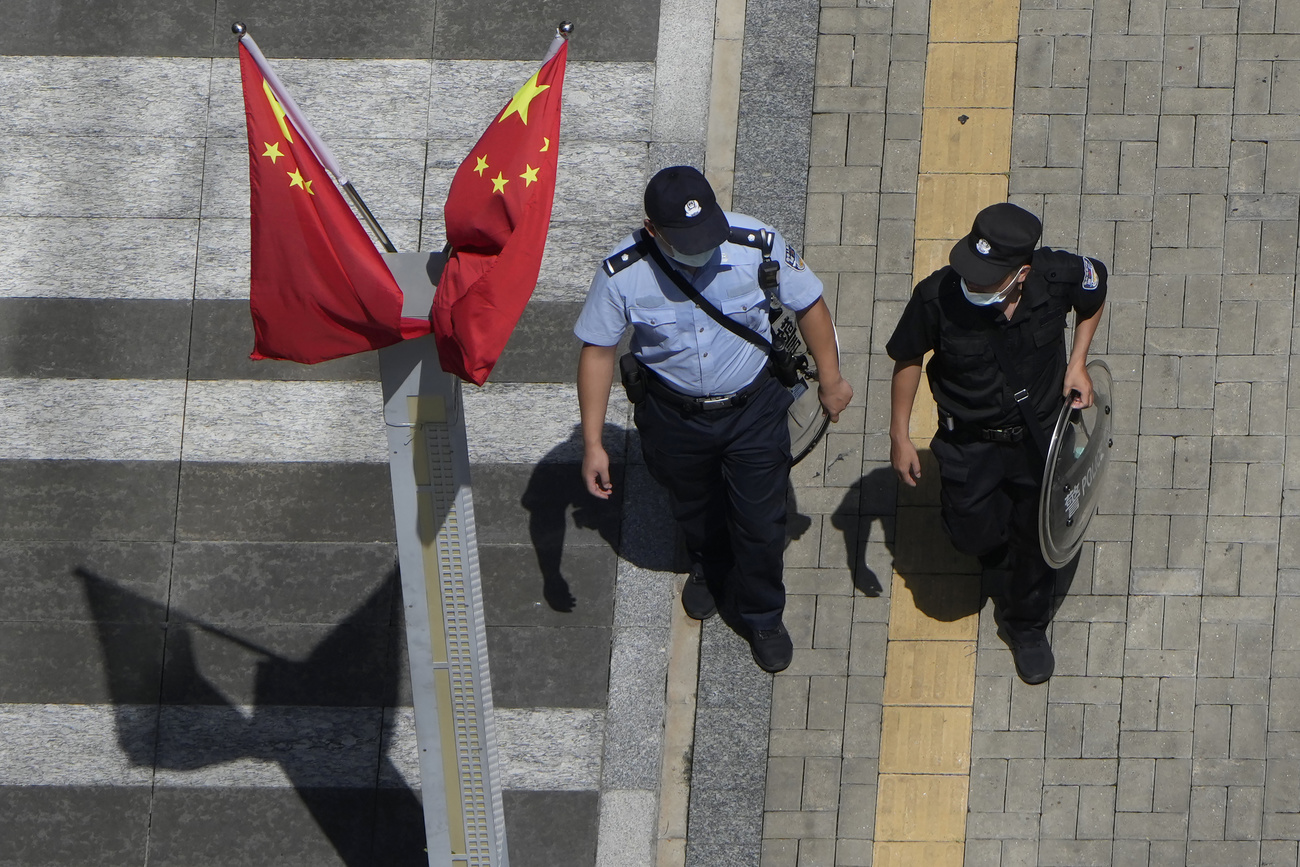
Credit Suisse, once the top international underwriter of Evergrande bonds, sold down its entire exposure to the troubled Chinese property developer late last year, according to people familiar with the decision.
The move will protect the Swiss bank from significant losses if the world’s most indebted developer defaults. However, its past actions could raise fresh reputational concerns with the lender still reeling from the Greensill and Archegos scandals.
Over the past decade, Credit Suisse helped arrange $4.6bn of dollar bonds for Evergrande, about 13% of the total and second only to China Securities Co, according to data from Dealogic. However, Credit Suisse has not underwritten any debt for two years after becoming concerned about the developer’s financials.

Of the bonds Credit Suisse arranged, at least $4.2bn are still outstanding. They were sold to counterparties such as asset managers, hedge funds and the lender’s ultra-wealthy private clients, who could now be wiped out amid fears Evergrande may start missing payments on its international debt.
Credit Suisse decided to sell its own residual exposure within the investment bank, which it amassed during the underwriting, because “it didn’t like what it was seeing”, the people familiar with the matter said.
Internal misgivings
On Thursday, Credit Suisse informed its investors and asset management clients that the bank’s funds held very little Evergrande debt and the overall institution had minimal exposure.
In a statement, Credit Suisse said it “is not an existing lender to Evergrande and we have no direct lending exposure to the company”.
Internally, Credit Suisse has had misgivings about Evergrande for at least three years, according to sources within the bank. One incident flagged to senior management was a proposed loan to the company’s chair, Hui Ka Yuan, in late 2018.
Evergrande had recently raised a $1.8bn bond to help pay a special dividend to investors. Hui, then China’s third-richest man, had to put up $1bn of his own money to support the deal due to lack of demand, the Financial Times reported at the time.
Hui then approached Credit Suisse for a loan that would be used to purchase Evergrande securities, offering the bond as collateral. When the transaction was submitted for review, risk managers criticised the structure for having characteristics of circular financing, people involved told the FT.
Warning signal
They were also concerned about the company’s then more than $100bn debt pile, which has subsequently exploded to about $305bn, about $20bn of which are international bonds.
“The transaction was wrong financially and morally,” one of the people said. “Also, Evergrande had the most fragile financials [among Chinese developers] and was clearly facing a liquidity crunch.”
Ultimately, Credit Suisse rejected the loan and began to taper its investment banking relationship with Evergrande soon after. However, Hui continued to be a client of the private bank, the people said.
“Risk procedures actually worked then . . . [but] it was a warning signal about the kind of deals that were being brought in” by bankers and wealth managers in Asia, they added.
Evergrande did not respond to an emailed request for comment.
Sour deals
While the largest international underwriter, Credit Suisse was far from the only western bank involved with Evergrande. UBS and BNP Paribas also arranged bonds for the developer. BlackRock, HSBC and UBS have direct exposure and they and their clients now face big losses after adding to their holdings of Evergrande bonds just months before their prices collapsed.
Credit Suisse’s past entanglement with Evergrande comes at a difficult time for the Zurich-based lender, which already faces investor anger and lawsuits over billions of dollars of potential losses after the closure of $10bn of funds linked to Greensill Capital.
Under new chair António Horta-Osório, it is overhauling its risk management systems and reviewing client relationships after a $5.5bn trading loss from the failure of Archegos Capital.
Other deals in the region that have soured include China’s Luckin Coffee. Credit Suisse sponsored its initial public offering in 2019, only for the shares to plunge last year after allegations of fraud, which caused the family owners to default on a $518m margin loan.
Additional reporting by Hudson Lockett in Hong Kong
Copyright The Financial Times Limited 2021

In compliance with the JTI standards
More: SWI swissinfo.ch certified by the Journalism Trust Initiative
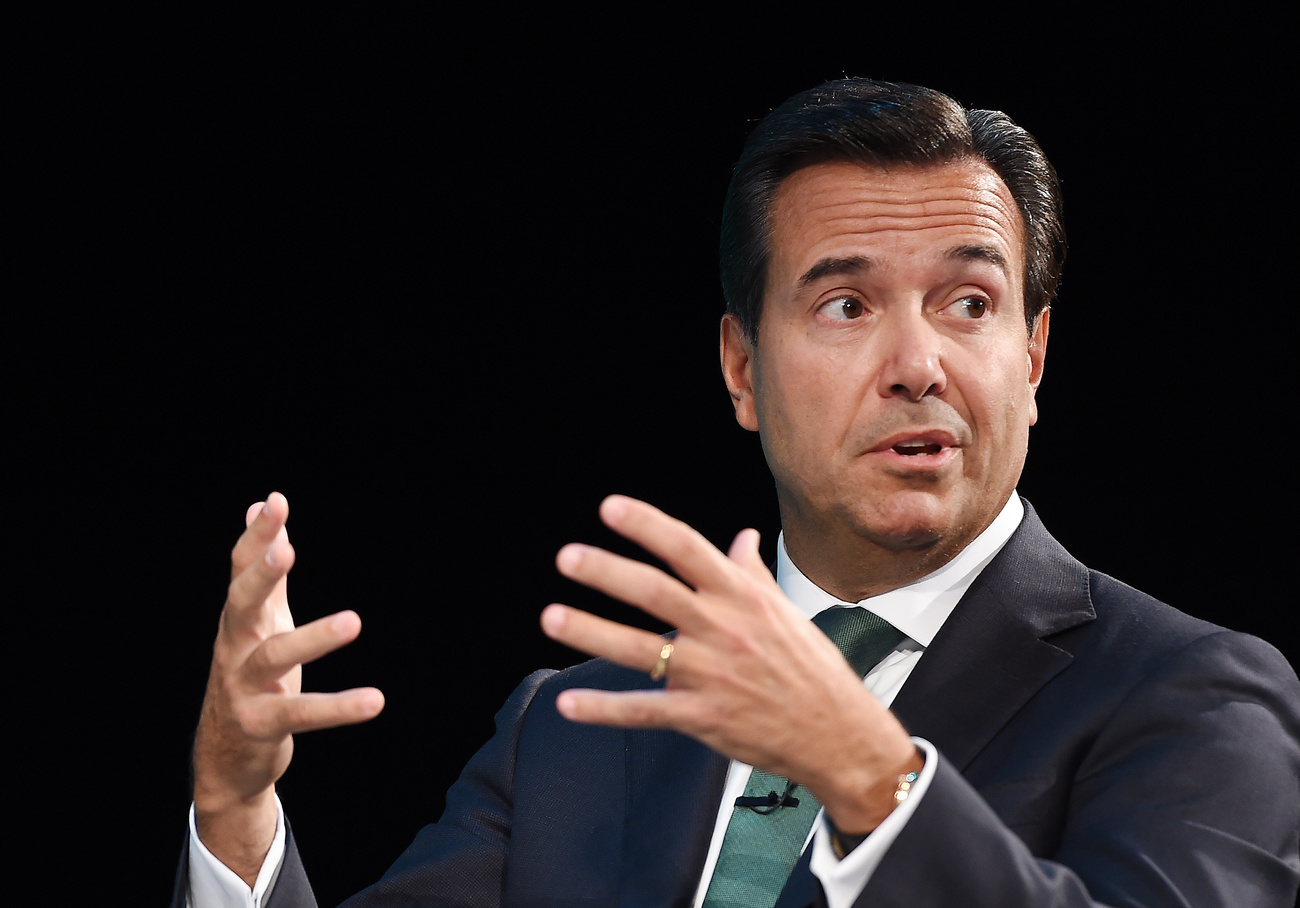
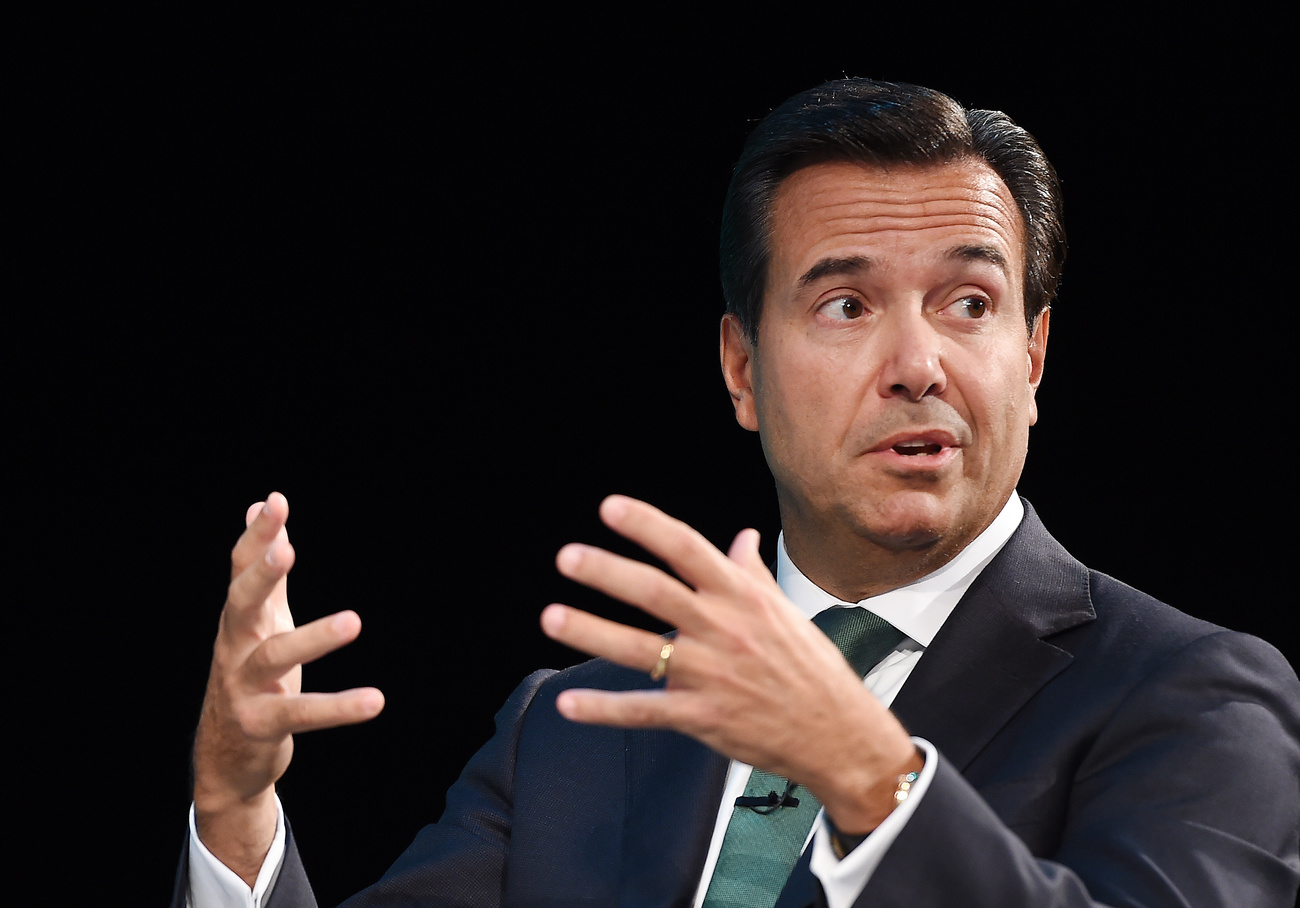
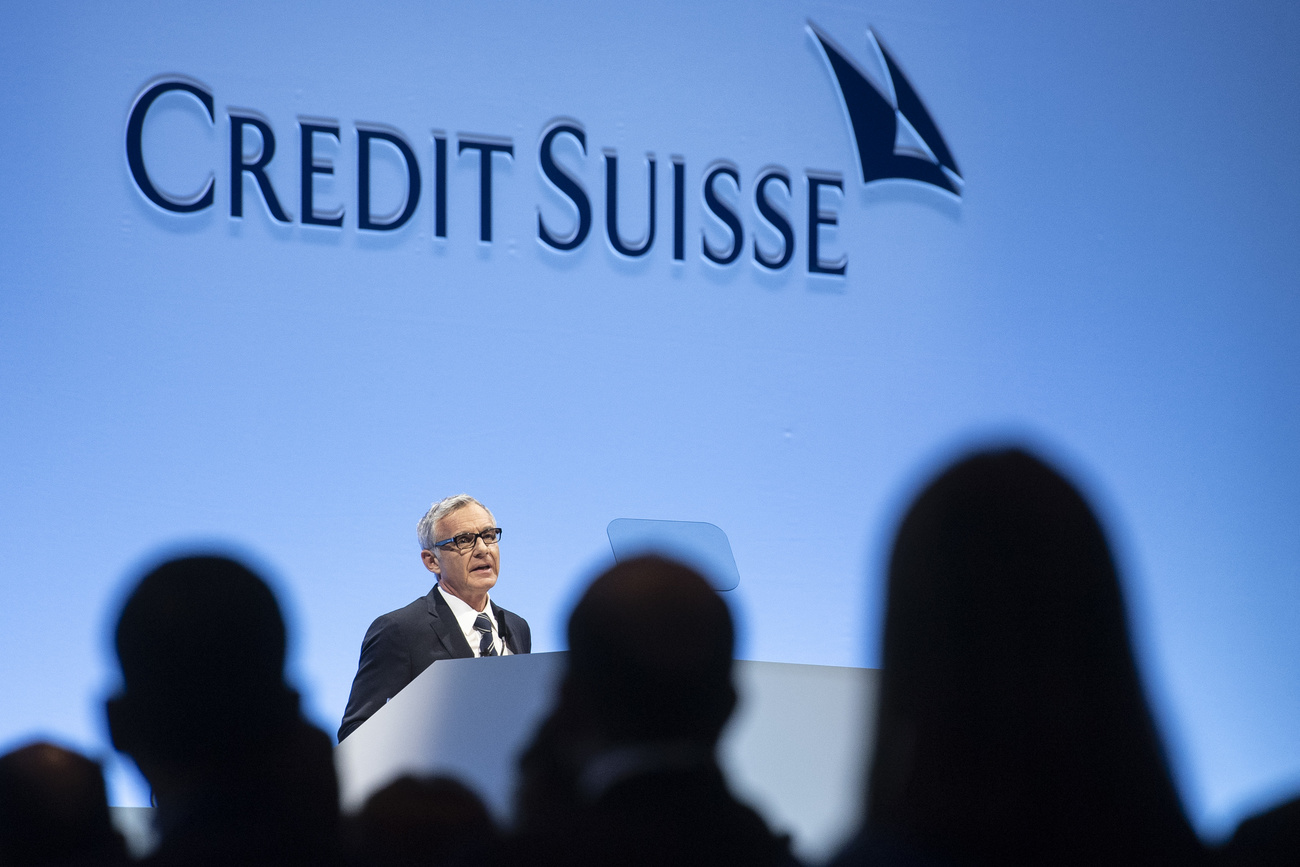
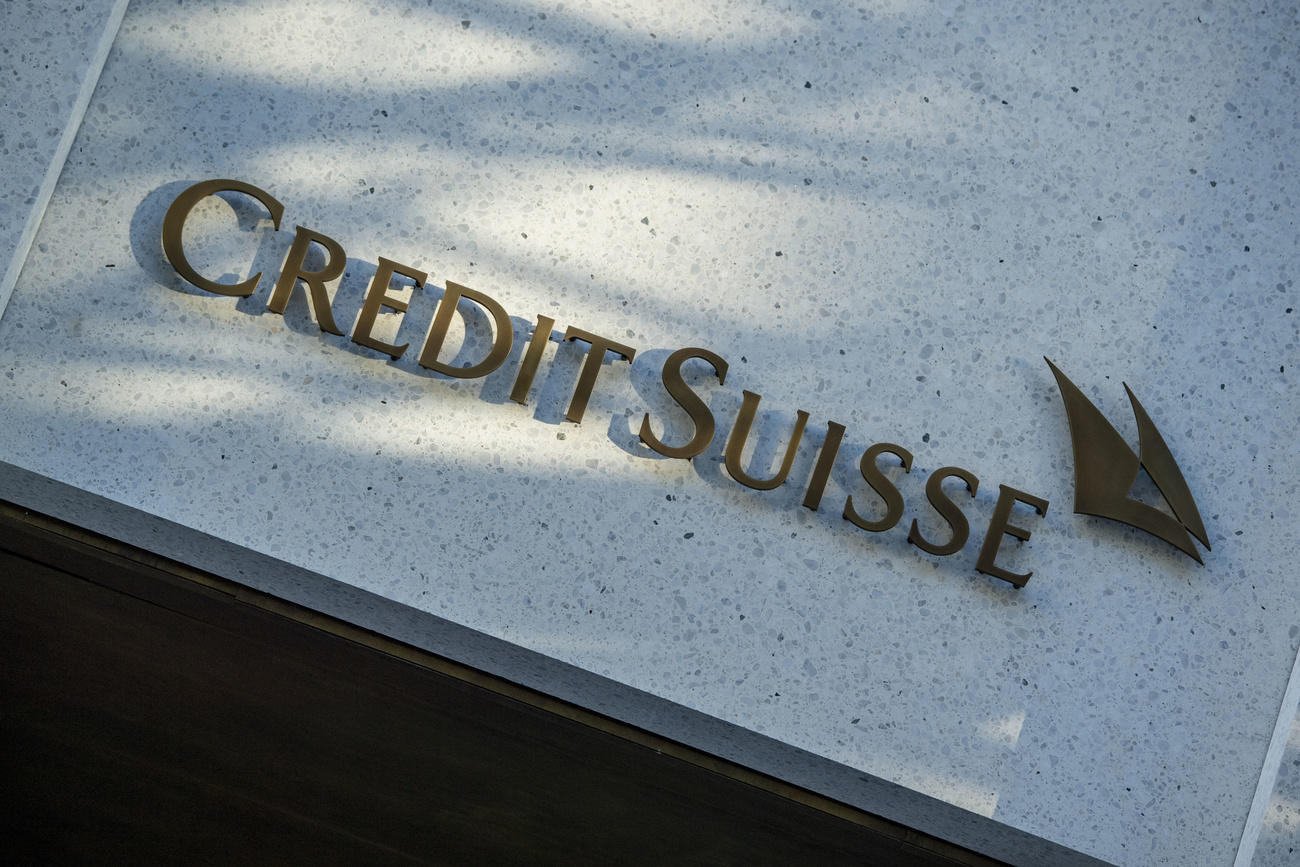
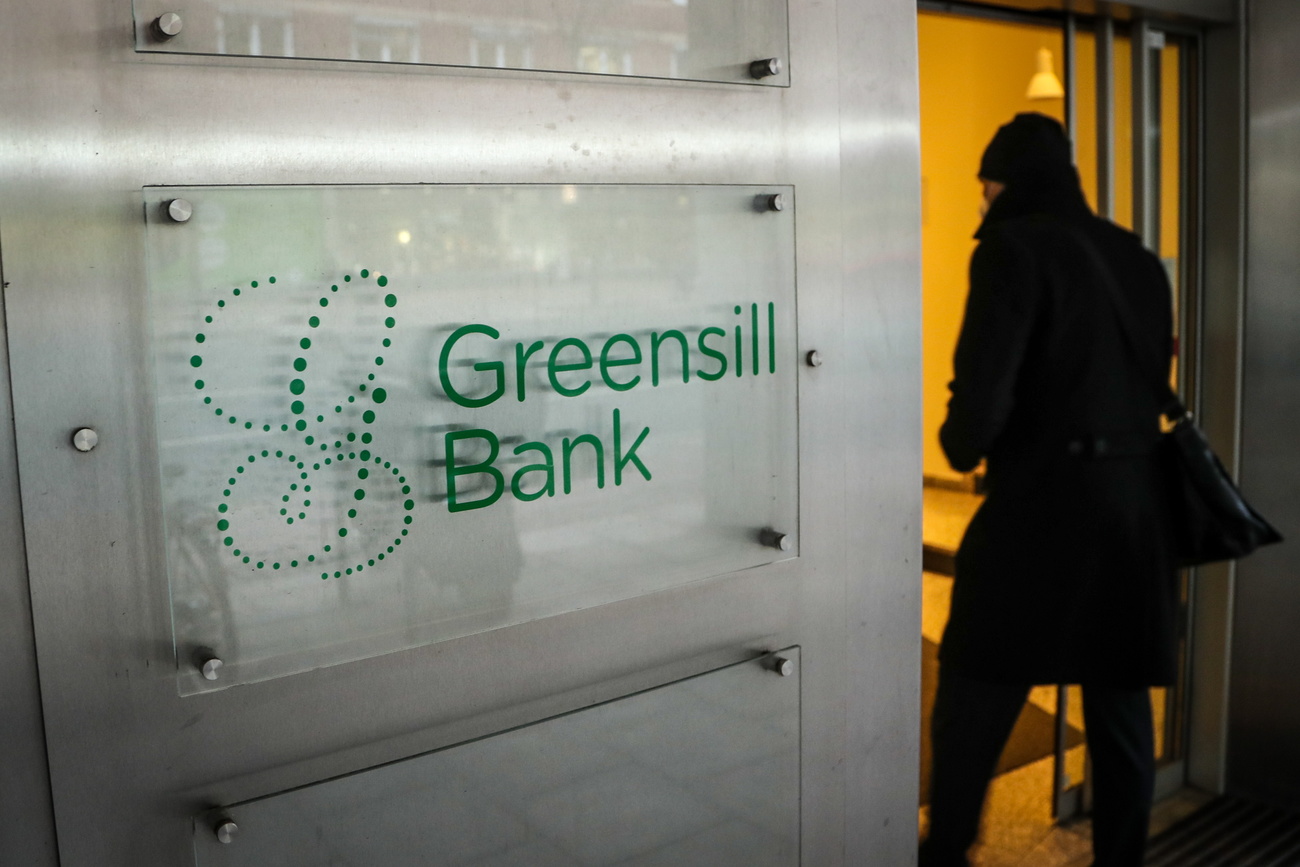
You can find an overview of ongoing debates with our journalists here. Please join us!
If you want to start a conversation about a topic raised in this article or want to report factual errors, email us at english@swissinfo.ch.